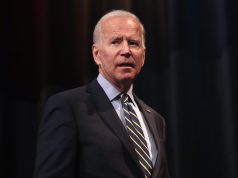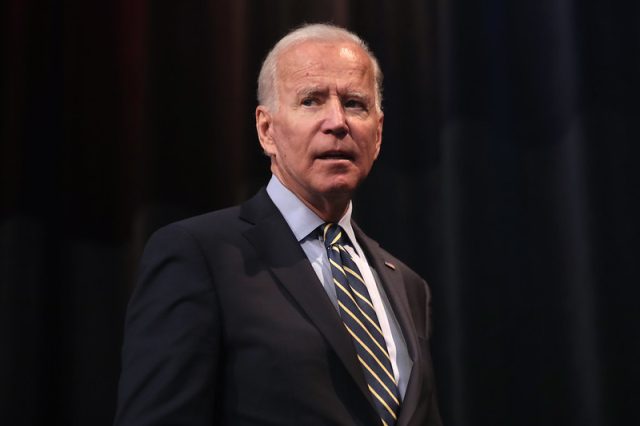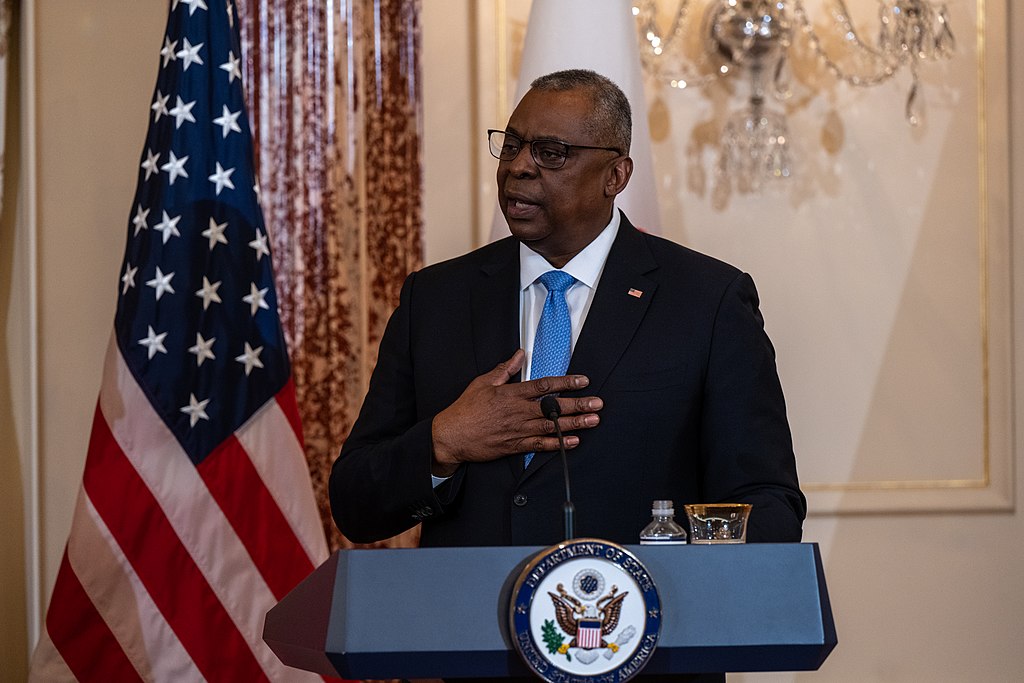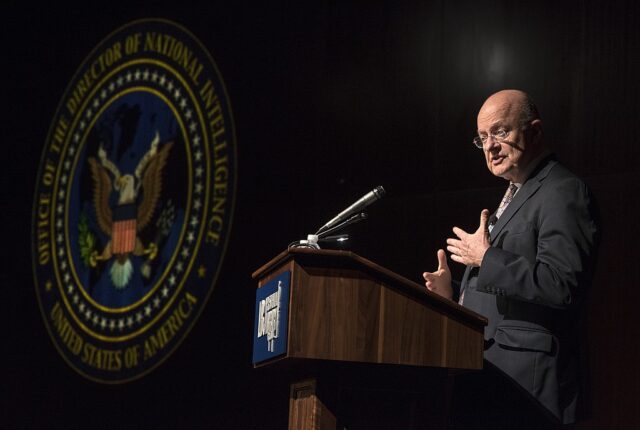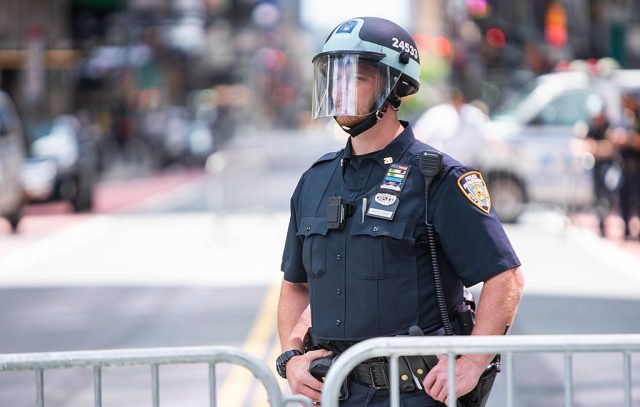New House Subcommittee Takes Aim at ‘Weaponized’ Federal Agencies
ANALYSIS – LONG OVERDUE – The new Select Subcommittee on the Weaponization of the Federal Government will soon be investigating federal agencies that have abused their power and violated Americans’ rights.
The spotlight should be especially focused on those federal agencies in the law enforcement and intelligence arenas.
As I have repeatedly argued, this subcommittee is long overdue and badly needed, as the always growing behemoth that is our federal government has in recent years been fully weaponized for partisan gain and abused citizens of all stripes.
The active partisan involvement by the FBI in helping cover up Hunter Biden’s laptop, along with current and retired senior officials in the intelligence community working to discredit the laptop, should be front and center of these investigations.
As should the entire Hillary Clinton campaign contrived Trump-Russia-collusion hoax.
More recently, new bombshells of this vast federal overreach and abuse have been dropped by Elon Musk’s ‘Twitter Files’ expose’.
These files show a deep unconstitutional collusion between the FBI and a multitude of federal agencies and Big Tech, especially Twitter to censor and block online content posted and read by millions of Americans.
This illegal activity violating Americans’ first amendment rights is also a huge concern.
According to The Epoch Times:
For now, the subcommittee will specifically look at abuses by the Department of Justice (DOJ) and FBI, the legality of vaccine mandates, disinformation about conservative-sponsored election security laws, and censorship by big tech firms under government pressure, according to subcommittee members.
While created by Republicans the new select subcommittee has a broad mandate. It will be chaired by Rep. Jim Jordan (R-Ohio).
Since its creation, some Democrats have called the panel a Republican ploy to deflect from ongoing investigations into the Jan. 6 Capitol breach and former President Donald Trump.
On January 10, Rep. Jim McGovern (D-Mass.) using every leftist talking point and incendiary partisan term he could muster, called it “nothing more than a deranged ploy by the MAGA extremists who have hijacked the party and want to use taxpayer money to push their far-right conspiracy nonsense.”
Republican subcommittee members dismissed these allegations, with one congressman saying that this vast federal overreach which they will be investigating represents “the signature abuse of power of our time,” in much the same way Watergate defined another era.
ET adds:
The new panel will examine how these abuses happened, how to correct them, and how to make sure the abuses won’t happen again, subcommittee member Rep. Mike Johnson told The Epoch Times.
“Since the beginning of the Biden administration, some federal agencies designed to serve and keep Americans safe have instead been turned against them,” he said.
“This fact is beyond dispute. The Biden Administration has used counterterrorism resources against the parents of school children, raided the homes of political opponents, targeted conservative states over their election integrity laws, inflated domestic extremism statistics, and instituted illegal vaccine mandates, just to name a handful of examples,” he added.
However, the members emphasized that the subcommittee won’t be limited to investigating specific abuses, like the Russian collusion hoax or specific agencies.
“We have a very broad charter. We’re not limited to [investigating the] DOJ and FBI,” said Rep. Thomas Massie (R-Ky.).
That is a good thing, because the abuse and corruption at our federal law enforcement and intelligence agencies extends far beyond the DOJ and the FBI.
Opinions expressed by contributors do not necessarily reflect the views of Great America News Desk.





